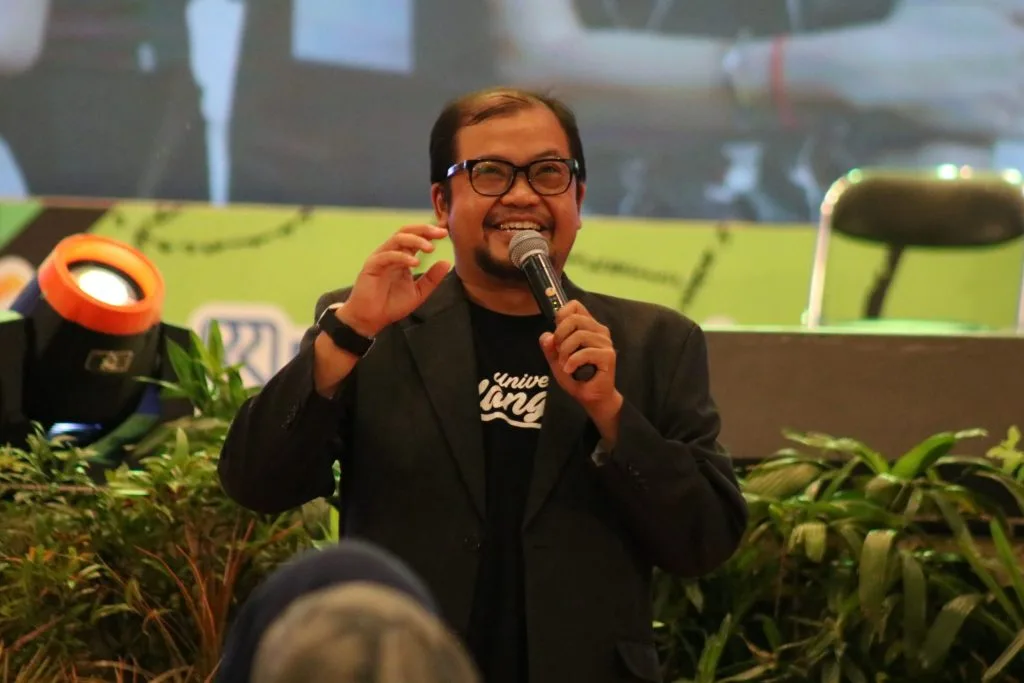UNAIR NEWS – Broadcasting draft bill (RUU) revision has been trending recently among journalists and media scholars. In response to this phenomenon, Irfan Wahyudi Sos M Comm PhD, media expert of Universitas Airlangga (UNAIR), gave an in-depth view.
Irfan assessed that the proposed bill could affect the dynamics of current media, including broadcast and digital print media. He emphasized on each medium has unique characteristics that affect the way information is delivered and received by public.
“This draft bill has a potential to affect the current media dynamic. For complete and in-depth information, print media is still the preferred choice. Meanwhile, broadcasting offers depth in an audiovisual format, and digital platforms offer the speed of information delivery, albeit at a glance,” said Irfan.
In regulating the media in this era, Irfan emphasized important role of Indonesian Broadcasting Commission (KPI) and the Press Council. He also criticized that KPI should not just be a “rubber stamp” for government policies. According to Irfan, policymakers should understand the nature of journalism and not be paranoid about it.
To resolve journalism disputes, Irfan emphasized about harmonization between KPI and DPRS. In this regard, he suggested that the Broadcasting draft bill should facilitate effective discussion and cooperation between the two institutions.
“If this draft bill creates disputes, it will benefit no one. Both institutions have their own areas of work and should be able to work together without conflict of interest. It will create a healthier and more transparent media ecosystem,” he said.
Irfan recommended that the draft bill should be carefully examined because it will play an important role in accommodating press freedom and the development journalistic work quality.
“Media and journalists must be responsive to the existing potential. There have been protests by the Alliance of Independent Journalists (AJI), as well as input from various government institutions and individuals,” said Irfan.
Furthermore, Irfan also added that policymakers must be open to discussions with various elements, including independent institutions.
“It is important to discuss this draft bill not just with those in power, but also with independent journalism institutions. Thus, the resulting policy can reflect press freedom and justice,” he said.
Irfan also suggested that the Broadcasting draft bill should support the digital ecosystem and not hinder the spread of information. In this case, society must be involved in technological innovations that support digital access and digital literacy.
Author: Aidatul Fitriyah
Editor: Khefti Al Mawalia









